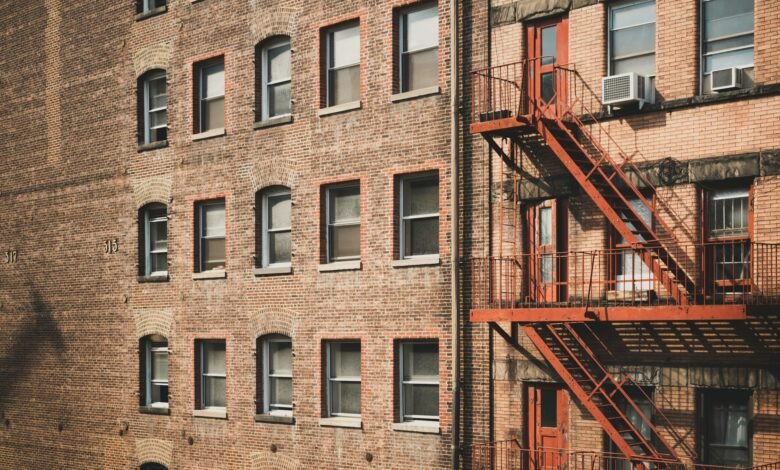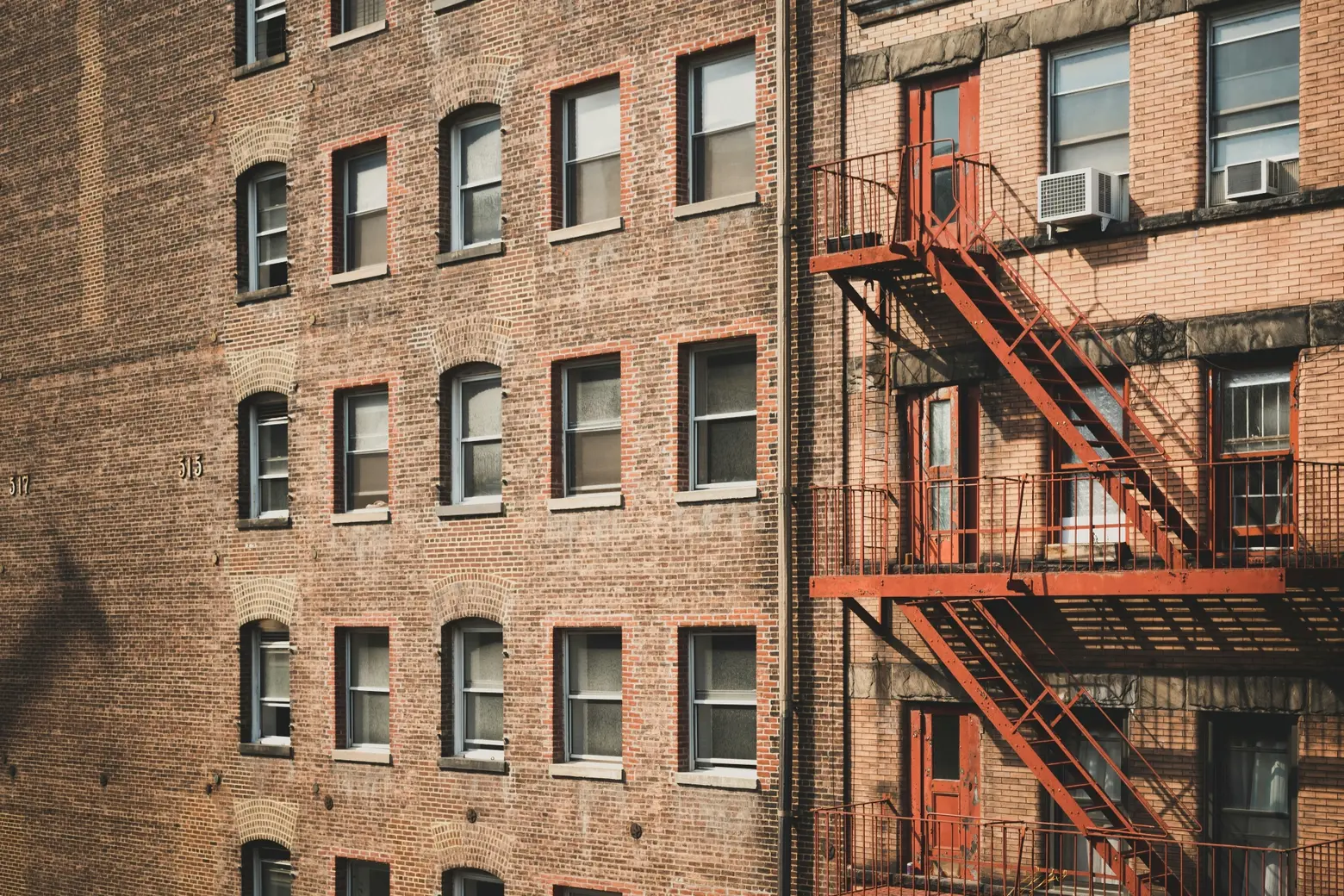NYC’s broker fee ban takes effect


Forced broker fees are officially banned in New York City. After a federal judge denied the Real Estate Board of New York’s motion for an injunction, the Fairness in Apartment Rental Expenses (FARE) Act took effect on Wednesday, meaning prospective tenants will no longer have to pay broker fees to real estate agents they did not hire. Passed by the City Council in November, the law shifts the payment of broker fees to the party who hired the real estate agent, transforming a longstanding system that forced renters to pay brokers a large upfront sum.
Council Member Chi Ossé, who wrote the bill after struggling to find an apartment in his own district, introduced the legislation in February and garnered support from tenant advocates, the City Council, and Gov. Kathy Hochul.
“The tenants would find a unit themselves online, show up to a self-guided tour, and commit to the biggest expense of their lives only to be told at lease signing, you owe $3,000 for rent, $3,000 for a security deposit, and $6,000 for a forced broker fee to a broker you never hired, maybe never even met,” Ossé said in a satirical video posted on X that shows him at the funeral for broker fees.
“The broker fee was wrong, abusive, exploitative, and frankly, disgusting, as it imposed hardship on workers, families, and New Yorkers of all ages.”
After the law passed, REBNY and a coalition of brokerages and landlords filed a lawsuit in December to block it, arguing the measure violates brokers’ First Amendment rights to free commercial speech, and oversteps the “Contracts Clause in the Constitution by voiding contracts between brokers and landlords and preempts New York State law,” 6sqft reported.
In January, the group filed a preliminary injunction to stop the law from taking effect.
According to Judge Ronnie Abrams, REBNY’s disagreement with the law comes “not from its effects on their constitutional rights,” but from a “fundamental disagreement with its underlying policy,” as reported by the New York Post.
The judge also dismissed all but one of REBNY’s arguments against the law, stating that the City Council’s intent in enacting the law was to “address a specific harm” that broker fees impose on tenants, according to Gothamist.
The FARE Act eliminates a long-standing New York practice that required tenants to pay a one-time, up-front broker fee, ranging between one month’s rent and 15 percent of the annual rent, even if the agent is hired by the landlord or building management company.
Under the law, brokers and landlords will be fined $750 for a first violation, $1,800 for a second, and $2,000 for third and subsequent offenses.
The law also prohibits landlords and brokers from requiring tenants to work with a specific real estate agent, with violations subject to the same tiered fines. Advertising broker fees in rental listings is also banned under the FARE Act and will carry penalties starting at $750, increasing with repeated offenses.
Landlords and brokers are also required to disclose all potential tenant costs in a “clear and conspicuous manner,” with fees itemized and provided in writing. Failure to do so can result in smaller fines ranging from $375 to $1,000.
Opponents of the law argue it could lead to higher rents if landlords factor brokers’ fees into monthly rents. Supporters counter that even if rents increase, eliminating upfront fees will make it easier for renters, especially low-income renters, to move.
Ann Korchak, board president of the Small Property Owners of New York, warned that the FARE Act could force small landlords with rent-stabilized buildings to leave affordable units vacant for extended periods until they can afford to cover broker fees.
“This is another government-mandated expense that small owners are unfairly forced to absorb,” Korchak said in a statement. “We can’t recover this additional cost, or the steep increases in our property taxes, insurance, utilities, repairs, maintenance and other operating costs, because our rent income is capped by the Rent Guidelines Board.”
“Brokers provide a tremendous professional service, but because rents in many rent-stabilized apartments don’t cover operating costs, small building owners may be forced to keep apartments empty until they can pay broker’s fees – and vacant apartments do no good for New Yorkers and the affordable housing stock.”
REBNY previously won a suit against a brief ban on broker fees in 2020. Under the 2019 Housing Stability and Tenant Protection Act, landlords could not deregulate rent-stabilized apartments, and security deposits were capped at one month’s rent, as 6sqft previously reported.
As part of the then guidance issued by the Department of State, brokers hired by landlords could not be paid by the prospective tenant. Following lawsuits by REBNY and several brokerages, a judge struck down that part of the law in 2021.
RELATED:
Source link




